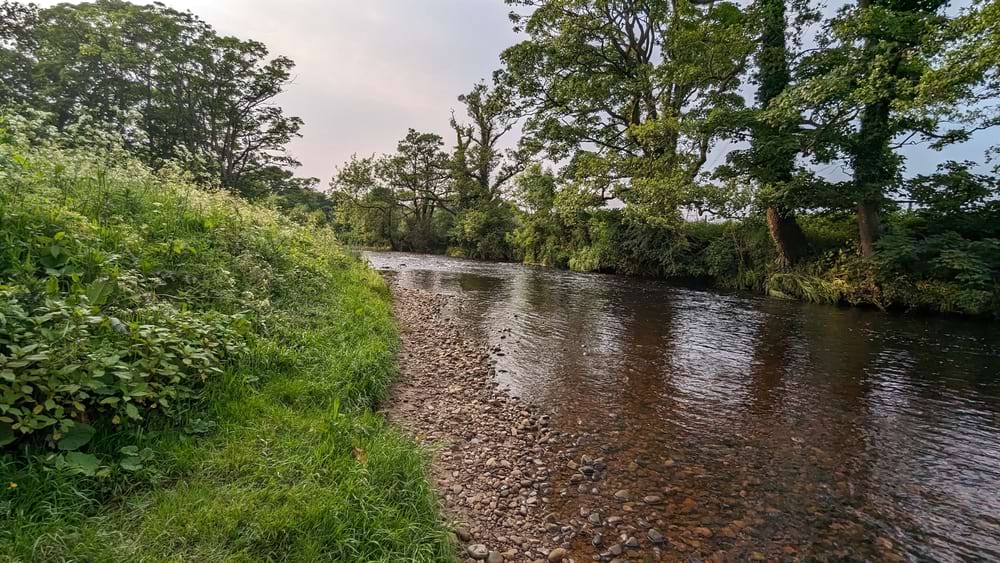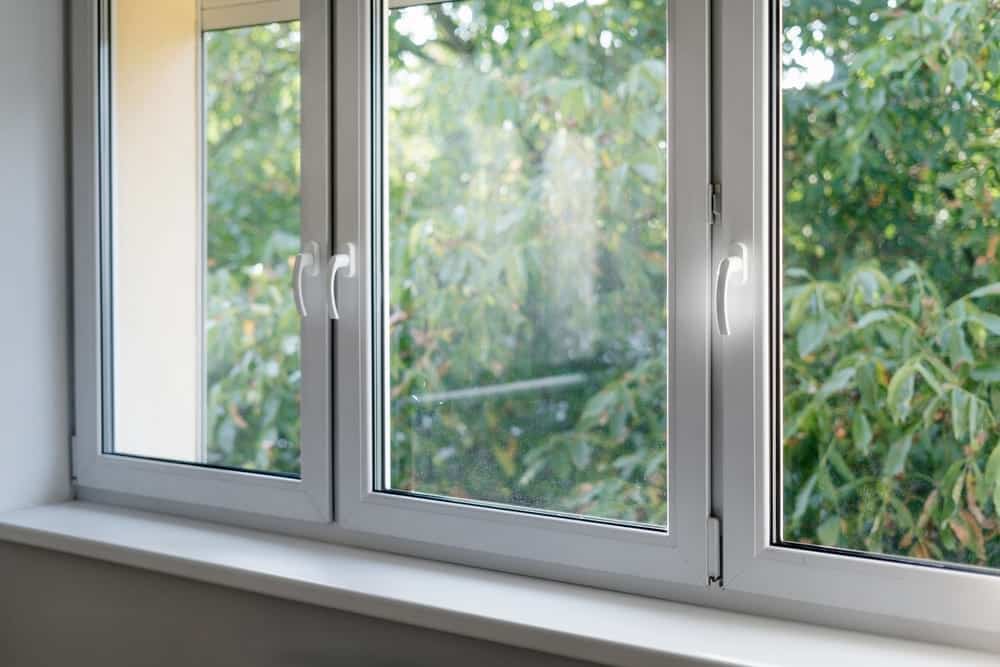Houses cost a lot of money.
So, you need to be sure about them before you agree to a sale.
House surveys help you do this.
But with so many different types of house survey to choose from, how do you know which is best for you?
Overview
A property survey is an inspection of the physical condition of a property, by a qualified expert, to outline features and issues.
Property buyers commission surveys before agreeing to progress a sale. These surveys involve looking at:
- Property boundaries
- Nuisance neighbour issues
- Property damage
- Defects you may not have noticed (e.g., damp in your home, outdated boilers, etc.)
- Square footage.
And more.
Once a survey is completed, buyers can make an informed decision whether to put in an offer on a property and how much for.
Property surveys vs. valuations
A property valuation is the process of determining the value of a property’s asking price. It covers:
- The property type
- Local market
- Location
- Size.
And other general factors.
Unlike surveys, valuations don’t go into detail about the condition or structural integrity of the property.
Surveys vs. conveyancing and property searches
After surveys are completed, conveyancing takes place, which includes property searches. Surveys cover the physical condition of homes, but searches cover legal aspects.
Types of house survey
The level of detail of your property survey will depend on the amount you pay, as well as who you hire to do it.
There are also different types of survey, which include different things. The three main ones are.
Condition report (Level 1 surveys)
Condition reports (often referred to as ‘level one surveys’) are the most basic survey type that you can pay for.
They usually cost between £300 to £700. Although it may be slightly higher if the house is particularly large, or if you are in a more expensive area.
Lots of potential buyers opt for this route if the house already appears to be in excellent condition, and if they have already inspected the property closely themselves.
Homebuyer report (Level 2 surveys)
A homebuyer report is considered a ‘level two survey’, meaning that is slightly more in-depth than a condition report.
This type of survey involves assessing any defects with the house, as well as advising on ways to maintain the property.
You may also have a market valuation included in this type of report, although this sometimes involves an additional fee.
On average, a homebuyer survey costs around £300 to £850 in the UK.
Full building survey
A full building survey is the most in-depth inspection that you can pay for.
They usually cost between £400 to £1,350, depending on a property’s:
- Size
- Condition
- Location.
With a typical full building survey, you can expect to receive:
- An expert opinion on the house’s condition
- Advice on defects and repairs
- Tips for maintaining the property
- Features that may cause problems further down the line
- An accurate market valuation.
It is sometimes essential that you pay for this type of survey if your house is in particularly bad condition.
Amongst all the issues, there may be problems that you miss out on, and getting a thorough inspection can therefore save you thousands of pounds in the future.
Likewise, even if a property is seemingly ‘perfect’, it may be even more worthwhile paying for a survey, to make sure that things aren’t too good to be true.
Advantages of getting a property survey
House surveys are not a legal requirement in the UK. It is completely legal to buy a property anywhere in the UK without paying for a survey.
But by paying for a property survey, it can protect you from unwanted surprises. Sellers may hide important issues from you during viewings.
It is unfortunately common for someone to only discover a problem with a house after it has been purchased. If the buyer can prove the seller knew about these issues before selling the house, and did not disclose them, they can sue.
If you want to read more about the most common house survey problems, then click on the link.
Choose a surveyor
You will undoubtedly have lots of surveyors to choose from in your local area. If you are working with an estate agent, they may encourage you to use a surveyor that they recommend.
The most important thing is that your surveyor is qualified, and belongs to governing bodies such as:
- The Royal Institution of Chartered Surveyors (RICS)
- Sava
- RPSA.
You should speak to local friends or property owners and ask if they have any recommendations for surveyors.
Any professional you opt for should also ideally have plenty of positive, independent reviews.
Property survey time frames
The time frame from booking your survey to receiving the report usually takes a few days.
Carrying out the survey itself usually takes an average of between two and four hours. In a small number of cases, it can take a full day.
The exact time depends on your home’s size and how detailed the report is.
From here, they will create a report that summarises all their findings, and you will usually receive this within a couple of weeks at the latest.



















